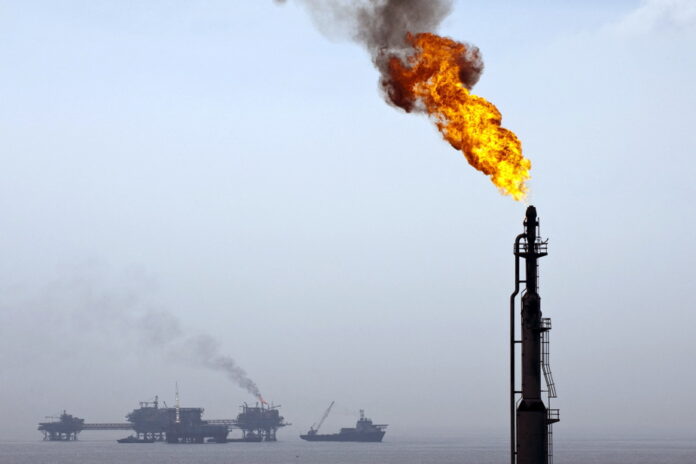(Paris) Faced with the inexorable rise of renewable energies, “the beginning of the end” of the fossil era is becoming clearer: demand for oil, gas and coal should reach “its peak” within the decade, a horizon that is coming closer earlier than expected, according to the International Energy Agency (IEA).
“Even without any new climate policies, demand for each of the three fossil fuels is expected to peak in the coming years,” IEA chief Fatih Birol said in an op-ed published Tuesday by the Financial Times.
“This is the first time that a peak in demand has been visible for each of these fuels over the decade,” a deadline that arrives earlier than expected by “many people,” he said. added, regarding the new IEA projections which will be detailed in its next annual report in October.
These changes are “primarily driven by the dramatic growth of clean energy technologies,” such as solar panels and car electrification, “structural changes in the Chinese economy,” and “the consequences of the global energy crisis.” , which have accelerated renewable energies, said Fatih Birol.
The next “World Energy Outlook” report from the IEA shows that “the world is on the verge of a historic turning point,” warned the head of the Paris-based OECD institution.
“We are witnessing the beginning of the end of the fossil fuel era and we must prepare for the next era.”
The future of fossil fuels, the essential cause of global warming, is at the heart of the debates which will culminate in December at the 28th United Nations Climate Conference in Dubai, where a tough battle between States is expected.
In his column, the head of the IEA believes that these “remarkable changes will bring forward the peak of global greenhouse gas emissions”.
However, he adds a warning: this demand is not falling sharply enough “to put the world on the path to warming” limited to 1.5°C compared to pre-industrial levels.
To do this, “governments will need to take stronger and faster measures,” insists Fatih Birol.
According to a UN Climate report published on Friday, humanity must reach the peak of its CO2 emissions by 2025 to confront the climate crisis.
Until now, the IEA predicted a peak in global oil demand before the end of the decade, but it now includes, in addition to coal, natural gas.
“The IEA’s advance projections highlight the success of legislation favorable to renewable energies,” Royal Bank of Canada analysts commented in a note on Tuesday.
“Despite this, policymakers still have room to accelerate the energy transition and phase-out of fossil fuels. »
“IEA projections show that although it remains slow, the global energy transition is progressing strongly. With technologies such as wind and solar now cost competitive, the transition is becoming driven by technology and no longer just policy. This is a key element, because it protects the process from political headwinds,” Simone Tagliapietra, expert at the Brussels Bruegel Institute, told AFP.
To be sure, there still remains “a big appetite for liquefied natural gas,” the ship-delivered gas the world rushed to in 2022 with the war in Ukraine.
“But this is necessary to support the gradual phase-out of coal in Asia, mainly,” believes the researcher, while in Europe, gas demand “will decline rapidly”, replaced by renewable energies.
“Gas has long been considered the ‘transition fuel’” promoted by oil and gas companies, “but with the rapid and accelerated deployment of renewable energy, a growing number of countries will simply switch from coal to renewable energy,” he said. esteemed for his part Mike Coffin, expert from the Carbon Tracker think tank.
With this projection, the IEA also sends a message to oil and gas groups.
“The oil and gas companies could therefore be wrong not only about the mood, but about the market,” notes Fatih Birol in a comment sent separately by the IEA to AFP. “Some are moving faster than others in a transition to clean energy. But all must go faster.”















